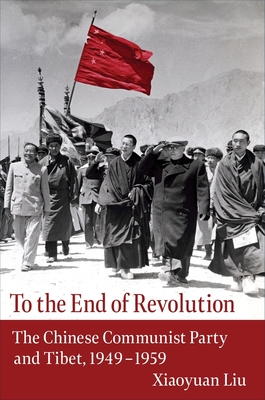Expedite your nonfiction book discovery process with Readara interviews, summaries and recommendations, Broaden your knowledge and gain insights from leading experts and scholars
In-depth, hour-long interviews with notable nonfiction authors, Gain new perspectives and ideas from the writer’s expertise and research, Valuable resource for readers and researchers
Optimize your book discovery process, Four-to eight-page summaries prepared by subject matter experts, Quickly review the book’s central messages and range of content
Books are handpicked covering a wide range of important categories and topics, Selected authors are subject experts, field professionals, or distinguished academics
Our editorial team includes books offering insights, unique views and researched-narratives in categories, Trade shows and book fairs, Book signings and in person author talks,Webinars and online events
Connect with editors and designers,Discover PR & marketing services providers, Source printers and related service providers

To the End of Revolution: The Chinese Communist Party and Tibet, 1949-1959
History > Asia - China
- Columbia University Press
- Paperback
- 9780231195270
- 9.2 X 6.1 X 1.2 inches
- 1.35 pounds
- History > Asia - China
- (Single Author) Asian American
- English
Readara.com
Book Description
Liu details Beijing's overarching strategy toward Tibet, the last frontier for the Communist revolution to reach. He analyzes how China's new leaders drew on Qing and Nationalist legacies as they attempted to resolve a problem inherited from their predecessors. Despite acknowledging that religion, ethnicity, and geography made Tibet distinct, Beijing nevertheless forged ahead, zealously implementing socialist revolution while vigilantly guarding against real and perceived enemies. Seeking to wait out local opposition before choosing to ruthlessly crush Tibetan resistance in the late 1950s, Beijing eventually incorporated Tibet into its sociopolitical system. The international and domestic ramifications, however, are felt to this day.
Liu offers new insight into the Chinese Communist Party's relations with the Dalai Lama, ethnic revolts across the vast Tibetan plateau, and the suppression of the Lhasa Rebellion in 1959. Placing Beijing's approach to Tibet in the contexts of the Communist Party's treatment of ethnic minorities and China's broader domestic and foreign policies in the early Cold War, To the End of Revolution is the most detailed account to date of Chinese thinking and acting on Tibet during the 1950s.
Author Bio
Xiaoyuan Liu is David Dean 21st Century Professor of Asian Studies & Professor of History at at University of Virginia. Professor Liu's research interests cover China’s ethnic-frontier affairs in international politics, Chinese-American relations in the 20th century, and East Asian international history
Education
- Ph.D., The University of Iowa, 1990
- M.A., The University of Iowa, 1984
- Beijing Teachers College, Class 1974
Source: Corcoran Department of History University of Virginia
Videos
No Videos
Community reviews
No Community reviews

